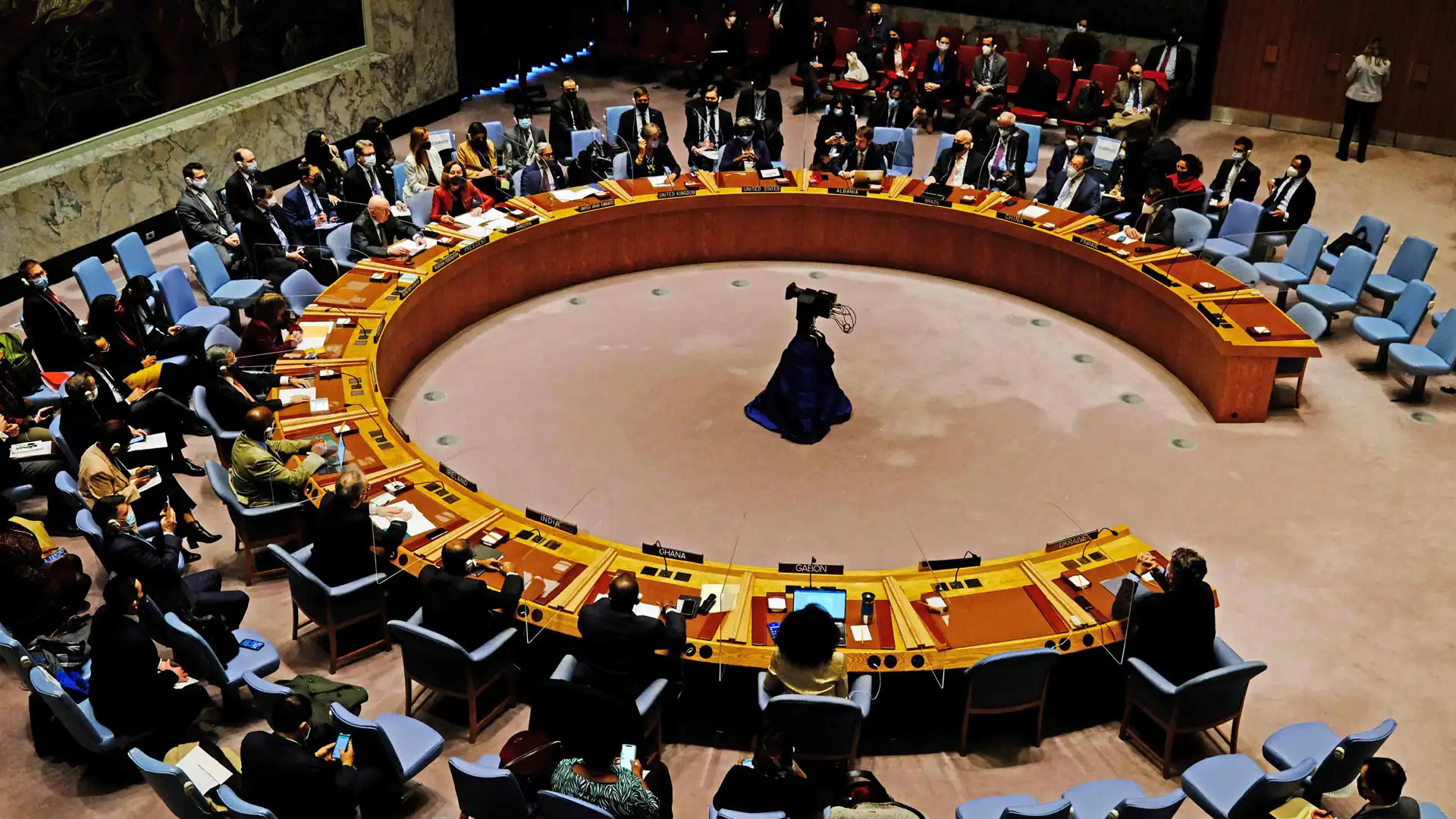
MUMBAI: Investment plans by Chinese automobile companies worth about $5 billion face delays of two years or more as tensions at the border remain unresolved. Negotiations have been put on hold pending clarity regarding such investments, said people with knowledge of the matter.
Great Wall Motors (GWM), Haima Automobiles, Changan Auto and Chery are all likely to see a wait period of at least 12-24 months. How long will depend on the government’s stance, said the people cited above.
GWM’s takeover of the General Motors plant in Talegaon, Maharashtra, will be delayed even further from December. The Haval brand launch from China’s largest SUV maker is likely to move to 2022 against the previous plan for a 2021 rollout.
GWM vendor Nobo Automotive, which had been discussing ties with a local partner, hasn’t held any negotiations for the last four-five months, people said.
Changan Automobile, which was seeking land for a greenfield facility, is going slow. Discussions on sourcing and distribution have stalled. The way things stand, the project may not see the light of day before 2023-2024.
MG Motor, which already sells vehicles in India, is reportedly exploring contract manufacturing to meet increased demand rather than bringing in fresh equity to set up a new plant of its own.
The formalisation of the pact between Bird Electric Mobility and Haima Automobiles for electric small cars has been deferred by over a year. Clarity on the project will emerge only by the spring of 2021, Bird said in a statement.
Amid measures to curb imports from China into India, vehicle makers are looking toward the GWM project to get a sense of the Indian government’s stand on investment from border nations.
Experts say with almost all global OEM having set up a base in India, only the automakers from China could bring in large incremental FDI in automotive sector in India.
The changing geopolitical landscape and the relationship between the US and China under a Joe Biden presidency could play a role in determining this, provided the border situation is resolved and trade resumes, said Puneet Gupta, associate director at IHS Markit. Despite the delays, the Chinese automakers won’t drop their India plans, he said.
“The Indian automotive story will be incomplete without the Chinese investment. Look how the entry of cell phone makers transformed the market–one can expect the same for the Indian automotive industry,” Gupta said. “The business plans may be revised and they may have to follow a stringent localisation regulation in future.”
If government clearance doesn’t come by March 2021, GWM may consider possibility of scrapping its India plan, said people aware of the matter. Its Thailand plant may then take the lead in globalising the Haval brand outside China. India had been positioned as a launch pad for overseas markets.
GWM had committed $1 billion to the Indian market and a similar investment is likely to be made by Changan Auto. Chery Automobile was keen to enter with Tata Motors, but those talks have fizzled out, said people with knowledge of the matter.
GWM told ET the India plan has not changed and it’s hopeful of hearing from the Indian government soon on investment clearances.
“GWM is a global company and committed to contribute significantly to the growth of the Indian economy,” the spokesperson said. “Our plans to be part of Make in India efforts are rapidly going to add to the growth story of the country.”
The company will abide by all rules and respect all decisions during the process, while skilling people, supporting the environment and providing employment opportunities across multiple levels, directly and indirectly, added the GWM spokesperson.
GWM had put the India project on the backburner once before during skirmishes at Doklam near the border in 2017. The project resumed as the situation eased.
Changan Automobile didn’t respond to queries.
Bird Electric Mobility said the Electric Car EV1 project has stalled due to the pandemic but it’s not been shelved. Bird Electric Mobility and Haima Automobile Group for India were to sign a detailed agreement once the lockdown was lifted.
“We shall be better placed to update you more on the project by spring 2021,” said the spokesperson. “We aim to achieve this with maximum localisation in manufacturing and Bird EV1 will be made in India importing minimal components which are not yet produced in India.”














